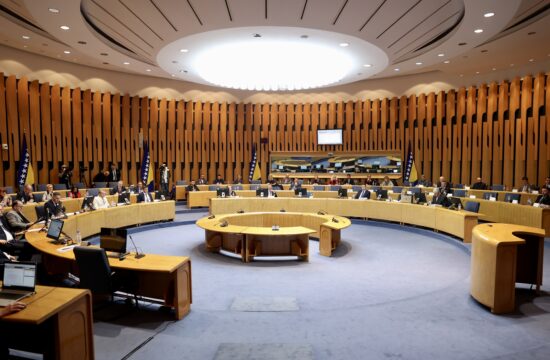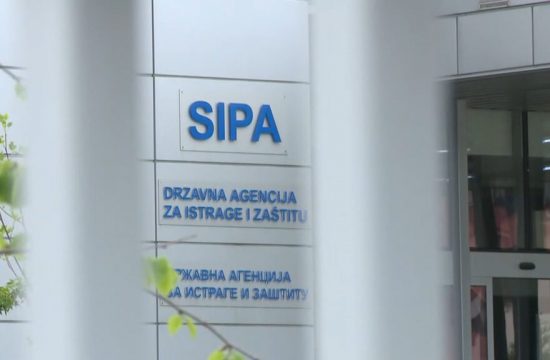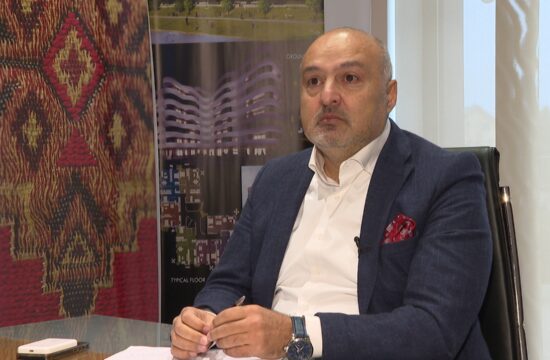
As Bosnia and Herzegovina grapples with political turmoil, the Prime Minister of Zenica-Doboj Canton, Nezir Pivic, offers insights into the challenges facing the state and the efforts toward resolution.
Speaking on a live broadcast, Pivic addresses various pressing issues, from the crisis within the state coalition to the efficacy of anti-corruption measures.
Reflecting on the current impasse within the state coalition, Pivic emphasizes the need for domestic leaders to demonstrate greater goodwill in tackling the country's multifaceted problems.
“Unfortunately, the focus of the state and entity-level governments seems to veer towards rhetoric and announcements that often contradict or nullify themselves,” Pivic observes.
“At lower levels, we are practically addressing the day-to-day concerns of citizens. We are confronted with numerous issues that directly impact the lives of our constituents.”
Pivic acknowledges the role of external interventions, notably by the High Representative, Christian Schmidt, in shaping the country's political landscape.
“It is imperative to respect the decisions of the High Representative,” Pivic asserts.
“Those who wish to participate in elections must do so by the law, as stipulated by the Central Election Commission. Elections in all local communities in Bosnia and Herzegovina will undoubtedly adhere to this legal framework.”
Discussing the upcoming session of the UN General Assembly, where a resolution on Srebrenica will be deliberated, Pivic expresses skepticism about any immediate transformative effects.
“I doubt that the situation in Bosnia and Herzegovina will change significantly after the session scheduled for May 23,” Pivic remarks. “Efforts to block the adoption of the resolution only hinder the progress toward acknowledging historical truths and providing a modicum of closure to the victims of genocide.”
In the realm of local elections, Pivic expresses guarded optimism about recent technical amendments to the electoral law. “While these legal revisions offer some promise in reducing electoral fraud, their efficacy remains to be seen,” Pivic notes.
“Depoliticizing the composition of election committees is a positive step toward ensuring a fairer electoral process. All political actors must support measures that uphold the integrity of the electoral system.”
Pivic's insights underscore the complexities of Bosnia and Herzegovina's political landscape and the importance of concerted efforts to address systemic challenges and promote democratic governance.





Kakvo je tvoje mišljenje o ovome?
Budi prvi koji će ostaviti komentar!